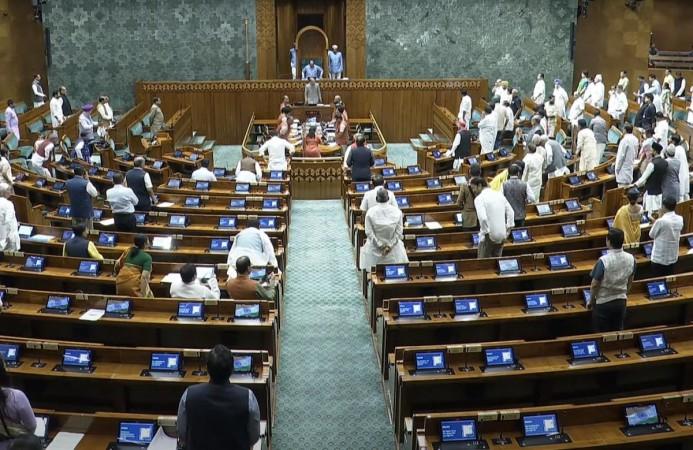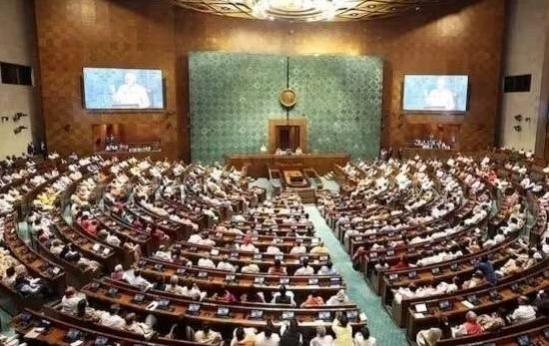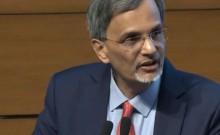
The Lok Sabha recently passed the Indian Ports Bill, 2025, marking a significant shift from the colonial-era Indian Ports Act of 1908. This legislative move, however, was not without its share of drama, as the session was marked by intense protests and sloganeering from the Opposition, which sought to drown out the debate. Despite the chaos, the Bill was passed by a voice vote, underscoring the government's determination to modernize India's maritime framework.
Introduced by Union Minister for Ports, Shipping and Waterways, Sarbananda Sonowal, the Bill aims to overhaul the legal structure governing India's ports. It emphasizes cooperative federalism and strategic maritime development, reflecting the government's vision to enhance the efficiency and competitiveness of the port sector. As the House reconvened at 3 PM, with Jagdambika Pal presiding, Sonowal presented the Bill for consideration, outlining its objectives to facilitate ease of doing business, optimize the use of India's extensive coastline, and empower State Maritime Boards for the effective management of non-major ports.
Sonowal highlighted several key provisions of the Bill, including measures for pollution management, disaster response, port safety, navigation, and data governance. These provisions are designed to align domestic regulations with India's international obligations, ensuring that the country's ports operate at global standards. A notable feature of the legislation is the statutory establishment of the Maritime States Development Council (MSDC), which has been functioning since 1997 through executive notification. The Bill expands the MSDC's mandate to include major ports under central control, fostering a consultative and collaborative framework between the Centre and coastal states.
Political Dynamics and Legislative Challenges
Despite the Minister's detailed address, the proceedings were repeatedly interrupted by Opposition members who stormed the Well of the House, chanting slogans such as "We want justice." The Chair made multiple appeals for order, assuring members that everyone would have the opportunity to speak, but his voice was largely lost in the uproar. This political dynamic highlights the contentious nature of the Bill's passage, reflecting broader tensions within the Indian political landscape.

During the debate, BJP MP Dilip Saikia from Darrang-Udalgudi, Assam, described ports as "engines of employment" and urged Opposition members to engage constructively. He noted that port capacity had increased by 87 percent over the last decade under the Modi government, asserting that the Bill would open new gateways to Southeast Asia, enhancing regional connectivity and trade. TDP MP Sribharat Muthukumilli from Visakhapatnam, Andhra Pradesh, also spoke in support of the Bill, emphasizing its potential to strengthen coastal infrastructure and empower state-level port authorities.
BJP's Darshan Singh Choudhary from Hoshangabad, Madhya Pradesh, echoed similar sentiments, calling the legislation a timely intervention for maritime reform. The Bill includes provisions for adjudicatory mechanisms to resolve port-related disputes and mandates conservation measures to protect port ecosystems. It also addresses emergency preparedness, security protocols, and compliance with international maritime instruments. By passing the Bill, the government signaled its intent to recalibrate Centre-State relations in port governance, especially in light of shifting political equations following the 2024 Lok Sabha elections.

















